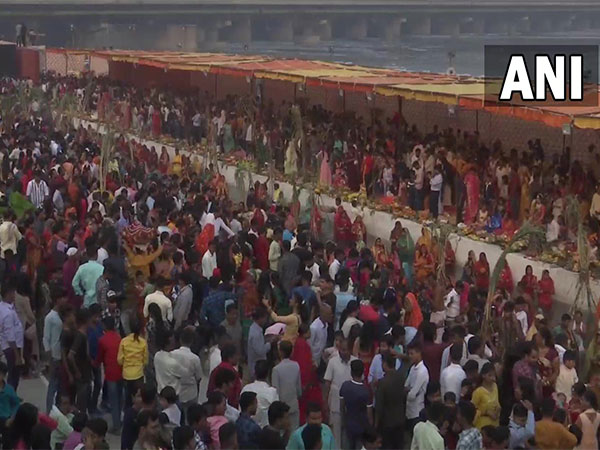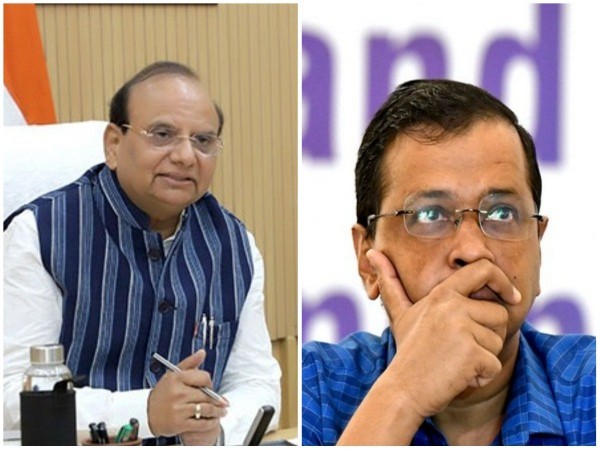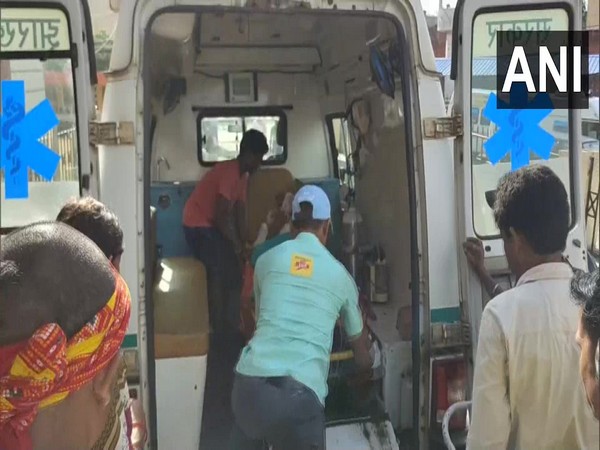After a hiatus of two years due to COVID-19, thousands of devotees on Sunday flocked to ghats and makeshift ponds across the country to seek the blessings of the Sun God as part of Chhath Puja.
In Uttar Pradesh’s Gorakhpur and Varanasi, a large number of women clad in sarees were seen standing knee-deep in water at ghats, worshipping the Sun God.
Uttar Pradesh Chief Minister Yogi Adityanath attended Chhath Pooja celebrations at Gomti Ghat in Lucknow.
While in the national capital, a massive number of devotees thronged to ITO Ghat to offer prayers, and devotees took a holy dip in the water as part of the Chhath Puja at a pond in Vinod Nagar.
A huge crowd of devotees also gathered at the national capital’s Kalindi Kunj ghat to offer prayers on Chhath Puja.
The festive fervor gripped the ‘land of forest’ Jharkhand too, as devotees offered prayers at Hatania Talab in Ranchi.
Meanwhile, in Bihar, women were seen standing in the water, wearing long ‘sindoor’ with orange color on their faces, and offering fruits and sweets to the Sun God at JP Setu Ghat in Patna.
A huge crowd of devotees gathered to offer prayers at Juhu in Mumbai to mark Chhath Puja.
In West Bengal, devotees offered prayers to the setting sun at Takra Ghat in Kolkata. West Bengal Chief Minister Mamata Banerjee offered prayers on the occasion of Chhath Puja at Kolkata’s Dahi Ghat.
The Chhath Puja is celebrated on the sixth day of the Kartik month of the Hindu calendar, which also happens to be the fourth day after Diwali.
Hyderabad also witnessed a large number of devotees celebrating the Chhath Puja at Tank Bund.
As per the Hindu tradition, devotees, especially in Bihar, Jharkhand, and UP, worship the Sun God to express gratitude and seek blessings.
Women devotees keep an arduous 36-hour-long fast ‘Nirjala Vrat’, and sing devotional and folk songs. ‘Arghya’ is offered to the Sun God while standing in knee-deep water at ghats or makeshift ponds. (ANI)
Read More:http://13.232.95.176/



